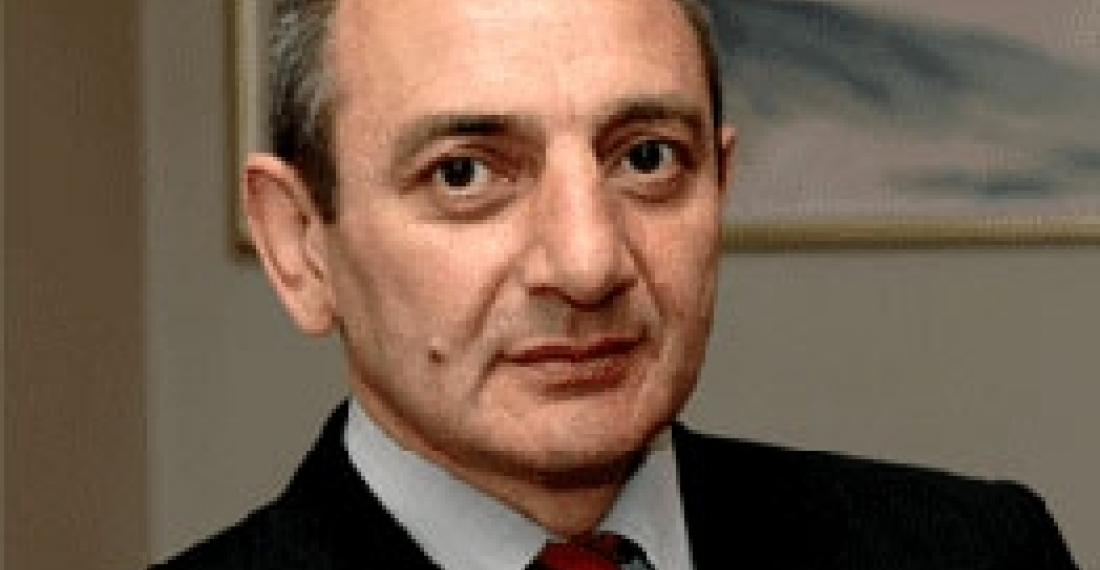Karabakh conflict's resolution is impossible without direct involvement of Nagorny Karabakh in the negotiations, President of the Nagorny Karabakh Republic Bako Sahakyan said at the session of the Russian-Armenian (Slavonic) University on occasion of the 20th Independence Anniversary of NKR.
"The mediator-countries share our stand, which has been repeatedly reflected in their statements. Since 1994 Nagorny Karabakh had been a party to the negotiations, but it has lost that status because of the non- constructive position and continuing hysteria of official Baku," he said.
At the same time, he said, the top leadership of Armenia constantly informs the leadership of NKR of the negotiation process, which is not enough, however, for final resolution of the conflict. The NKR
president highlighted that Karabakh has no reason to mistrust Armenia, but the essence of the conflict requires direct involvement of NKR in the resolution process.







